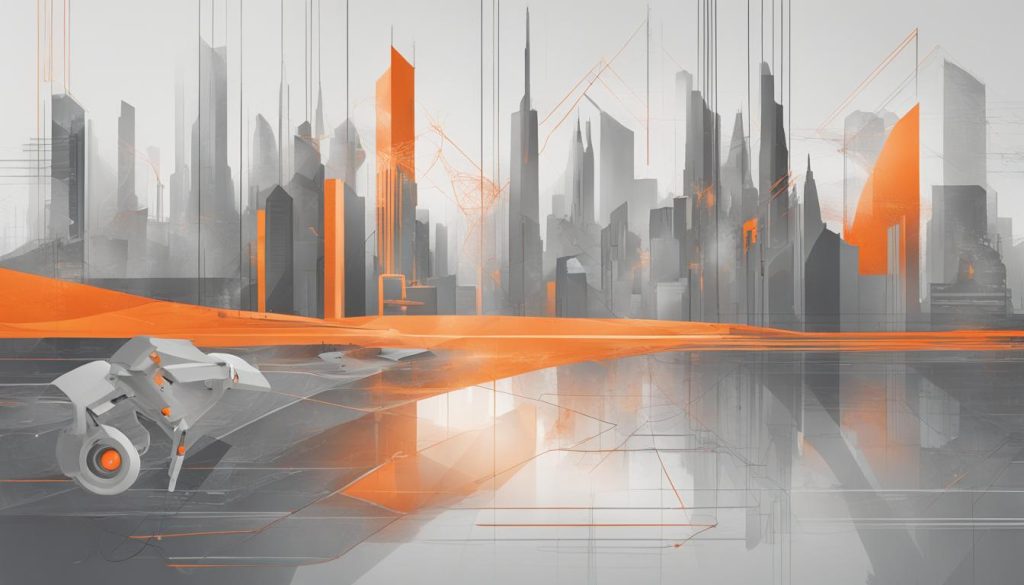The evolution of automation and artificial intelligence is now affecting professional jobs, with a significant rise in AI-related layoffs raising concerns about economic equality and the future of work. As AI becomes more capable of handling knowledge-based tasks, professionals may face similar workforce displacement challenges as manufacturing workers in previous decades.
The landscape of workforce displacement due to automation and artificial intelligence (AI) is evolving, with professional jobs now at risk. While traditional automation has mainly affected manufacturing jobs, AI is increasingly capable of performing tasks associated with professional, knowledge-based roles. Bloomberg reported 4,600 AI-related layoffs over nine months, highlighting the growing impact since the release of ChatGPT in November 2022.
Historically, technological advances have favored skilled workers, but AI may disrupt this trend. A report from the Congressional Budget Office indicates that while incomes have increased across all quintiles since 1979, the rise has been most significant among the highest earners.
The potential for AI to displace professional jobs raises questions about the future of work, job training, and economic equality. The challenge will be how to adapt to this shift, as professional workers might face a similar fate to manufacturing workers in previous decades.
The coming adjustments could result in significant political and social friction, especially among educated professionals striving to maintain their socioeconomic status. The situation suggests a possible increase in political pressure for government intervention to support affected workers.

